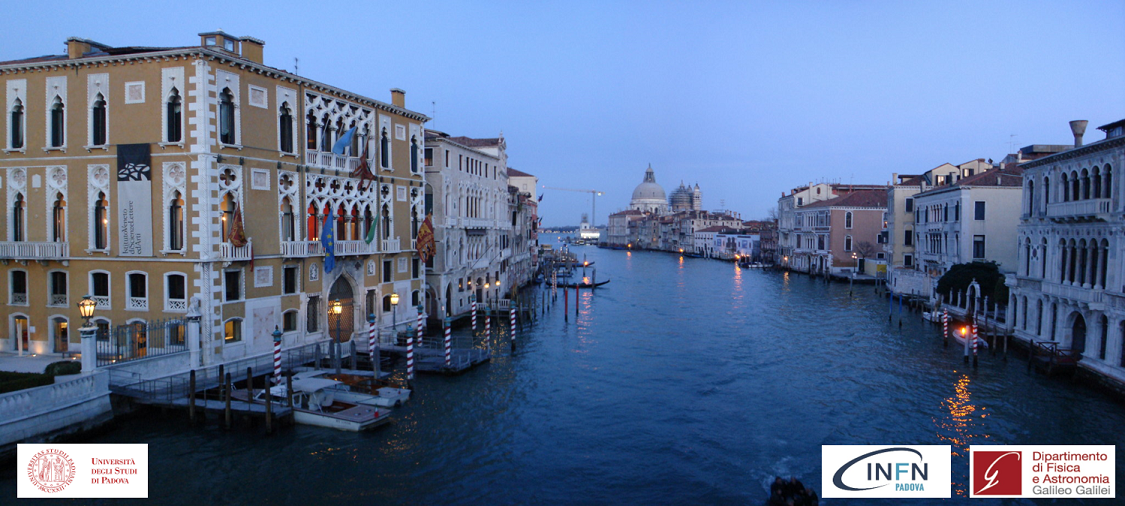Speaker
Description
The multipurpose JUNO Experiment located in China, whose central detector uses 20 kt liquid scintillator, is on track to completion of construction in 2023. Its primary goal is to determine the Neutrino Mass Ordering by leveraging its large target mass and excellent energy resolution of 3% at 1 MeV. The unique properties of JUNO position it to have a large potential for real-time solar neutrino measurements. A sensitivity study is performed considering all potential sources of backgrounds at various radiopurity levels, along with a full simulation of the detector response using reconstructed variables. Our results indicate that in most radiopurity level scenarios, JUNO will be able to improve the current best measurements of $^{7}$Be, pep and CNO solar neutrino fluxes. Furthermore, JUNO has the potential to measure individually for the first time the rate of the two main components of the CNO neutrino flux, namely the $^{13}$N and $^{16}$O solar neutrinos. This talk will summarize the strategy used for the estimation of the JUNO sensitivity to $^{7}$Be, pep, and CNO solar neutrinos above the 0.45 MeV threshold and share the final results.

